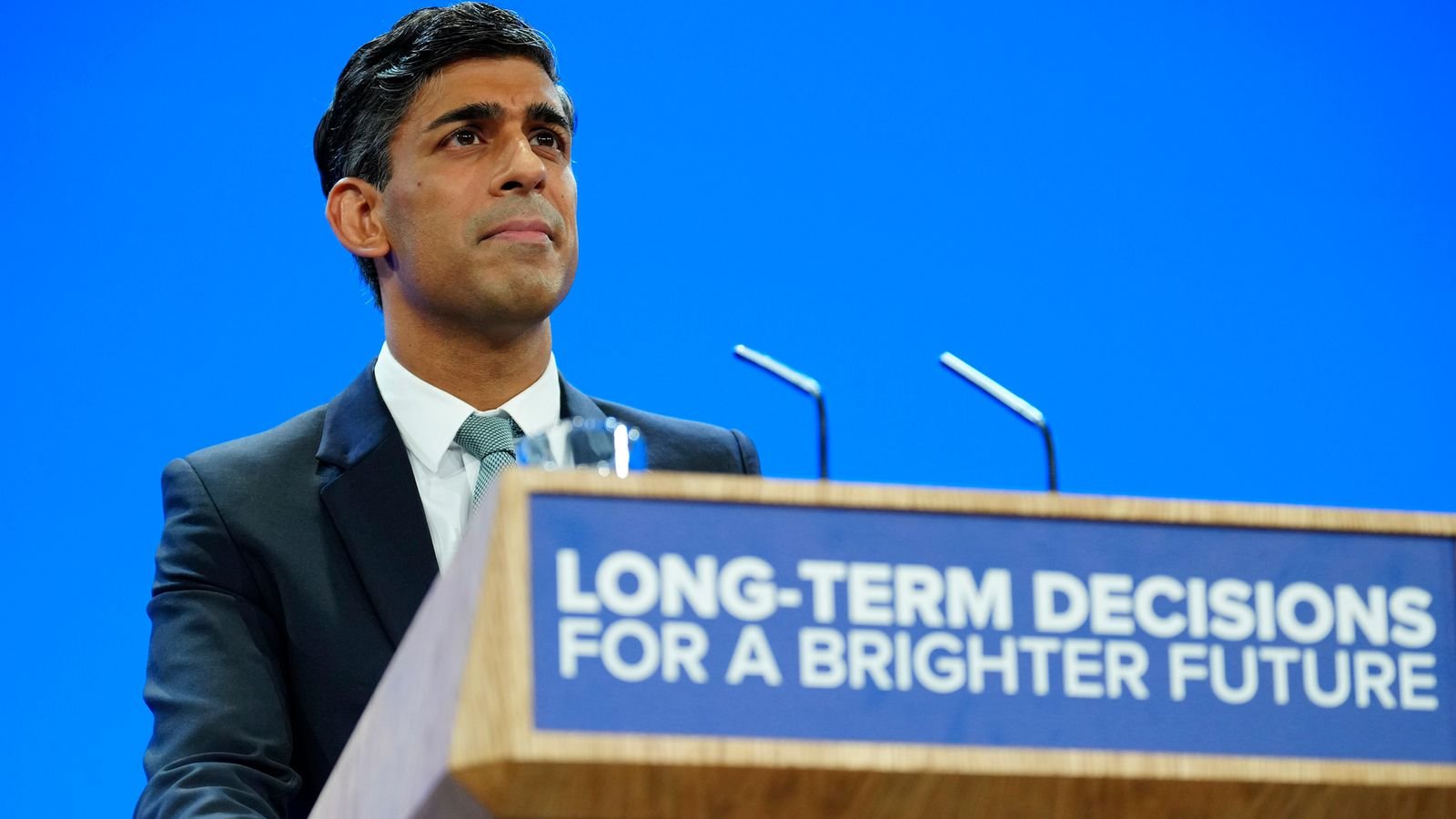This morning, British Prime Minister Rishi Sunak delivered a speech at the Royal Society in London, addressing the challenges presented by AI. He emphasised the critical role of governments in collectively address the potential threats of AI to humanity. The creators of AI technology have identified a significant risk: if this technology falls into the wrong hands, it could be misused. Terrorists can develop chemical or biological weapons, create widespread fear and disruption on an unprecedented scale. The worst-case scenario would result in a loss of human control over AI, leading to far-reaching consequences. This sobering reality serves as a warning from experts.
Sunak spoke in anticipation of a global gathering he will convene next week to assess the risks associated with technology. He expressed the hope that participants would reach a consensus on the nature of these risks and establish a global panel to evaluate them.
In response to these challenges, Britain is planning to establish an Artificial Intelligence Safety Institute. This institute will play a pivotal role in examining, evaluating, and testing new AI models to comprehensively understand their capabilities, addressing risks ranging from social biases and misinformation to the most extreme potential dangers. The UK Government has allocated £100 million in funding for a new AI safety task force, with the aim of becoming the world’s safest country for conducting AI-related businesses.
Representatives from AI companies, political leaders, and experts will gather at Bletchley Park, a historic site known for the World War Two codebreakers’ work, on November 1-2. Sunak stressed the importance of getting AI safety right to prevent the misuse of technology for creating chemical or biological weapons, and to avert the unlikely but extreme scenario of losing control over AI.
Rishi Sunak envisions the UK as a global leader in AI safety, positioning the country to play a significant role in this domain following Brexit, while bridging the gap between the economic blocs of the United States, China, and the European Union.
The upcoming meeting of around 100 participants will focus on various subjects, including the unpredictable advancements in AI and the potential for humans to lose control over it. Sunak also revealed substantial investments in advanced computing technology, with nearly a billion pounds allocated for a supercomputer that is thousands of times faster than a typical home computer, and an additional £2.5 billion directed toward quantum computing, which promises exponentially greater speed.
Although China has been invited to the gathering, Sunak couldn’t guarantee the country’s participation. Notable attendees include U.S. Vice President Kamala Harris and Google DeepMind CEO Demis Hassabis.
Leaders of the Group of Seven (G7) economies, comprising Canada, France, Germany, Italy, Japan, Britain, the United States, and the European Union, have previously called for the adoption of standards to ensure trustworthy AI and the establishment of a ministerial forum known as the Hiroshima AI process.










